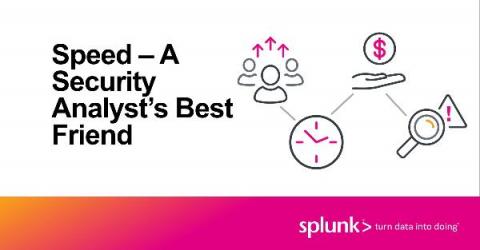Advanced Solutions for Data Theft and Fraud Detection
The threats from data theft and fraud will continue to be a significant concern for all corporate entities in 2020. eCommerce sales, for example, are expected to reach almost one trillion dollars in the next three years, creating a growing opportunity for attackers to capitalize on fraud. A Juniper Research Report regarding online payment fraud trends estimated that digital card, not present fraud (CNP), one of several fraud categories, will reach $130 billion by 2023.










